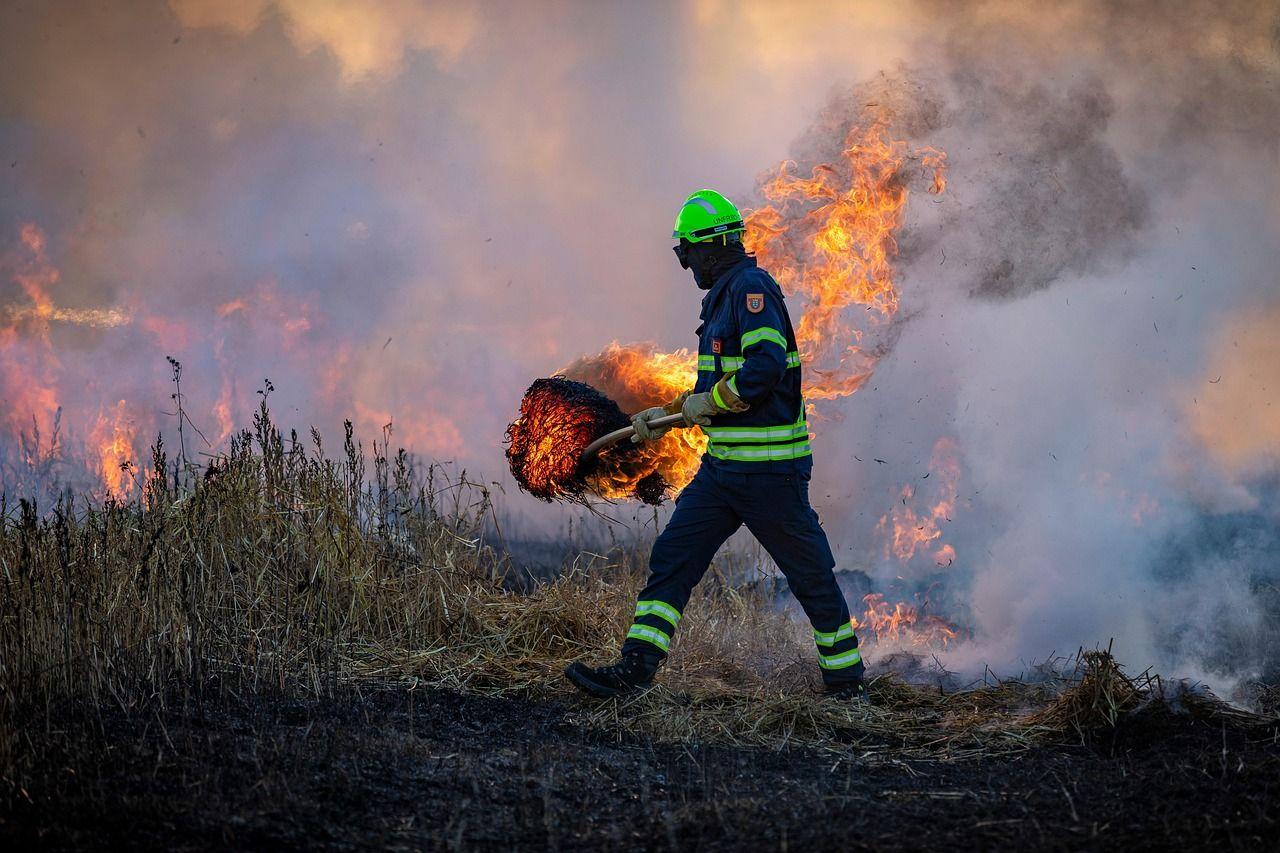European Wildfires Ignite Insurance Risk Fears as Climate Losses Mount
By Tredu.com • 8/26/2025
Tredu

A Record-Breaking Disaster
Europe is battling one of its most destructive wildfire seasons on record, with over one million hectares scorched across the Mediterranean—the worst summer of fire damage since data collection began. From Spain and Italy to Greece and Turkey, flames have consumed farmland, forests, and communities, leaving behind unprecedented economic losses.
Insurance Sector Under Pressure
The disaster has placed insurers and reinsurers under intense scrutiny. Industry leaders warn that existing risk models may no longer be fit for purpose, as the scale and frequency of climate-driven catastrophes continue to rise.
- Claims costs are soaring, straining balance sheets.
- Premiums are expected to rise, particularly in high-risk regions like Southern Europe.
- Liability frameworks are under review, as insurers assess whether governments, municipalities, or corporations should bear more responsibility for disaster preparedness.
Reinsurers, who backstop the industry, are also recalibrating their exposure to climate-related risks—a shift that could reshape global capital allocation.
Market Implications
For investors, the surge in wildfire-linked losses could have broad repercussions:
- European insurance stocks may face earnings downgrades as catastrophe claims mount.
- Bondholders could see risks increase if insurers struggle with liquidity pressures.
- Broader markets may see climate resilience priced more aggressively into valuations, particularly in real estate and infrastructure.
The Climate Change Factor
Wildfires are no longer rare, once-in-a-decade events—they are becoming seasonal certainties. Scientists link rising global temperatures, prolonged droughts, and shifting weather patterns to the surge in fire activity across Europe.
For the insurance industry, that means climate change is no longer a “future risk”—it is a present-day balance sheet liability.
Why It Matters
This summer’s catastrophe underscores a hard truth: climate volatility is rewriting financial risk in Europe. Insurers, governments, and investors alike must now adapt to a reality where natural disasters are both more frequent and more costly.
Unless risk-sharing frameworks evolve, the cost of climate change may overwhelm traditional insurance systems—and spill over into broader financial markets.

How to Trade Like a Pro
Unlock the secrets of professional trading with our comprehensive guide. Discover proven strategies, risk management techniques, and market insights that will help you navigate the financial markets confidently and successfully.


